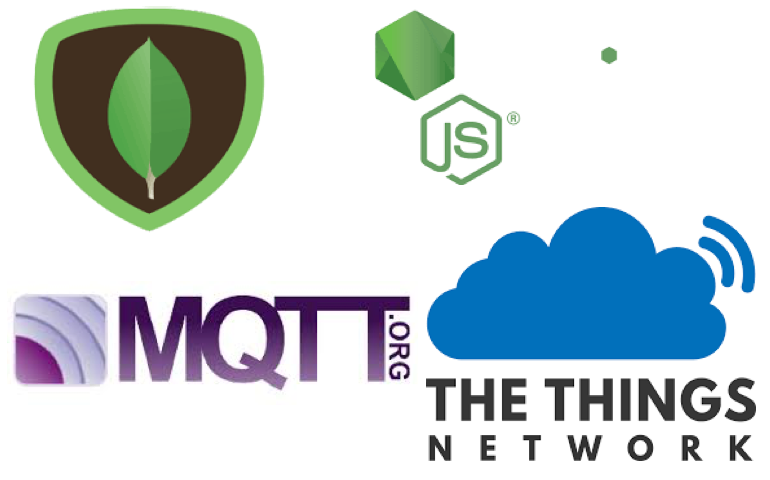Introduction
I was looking for an example of using mongodb to store my node data and came across this:
https://github.com/dennisdegreef/mqtt-mongo-recorder
mongodb is an example of a noSQL database. Using the concept of documents and collections, noSQL databases are ideal for string and management of json-formatted data.
I set up this demo on a clean install of ubuntu xenial (16.04.03 LTS server) running on an HP Proliant MicroServer, bought from a man down the pub ;-) - DigitalOcean provide clear and simple install guides for mongodb and nodejs:
https://www.digitalocean.com/community/tutorials/how-to-install-mongodb-on-ubuntu-16-04
https://www.digitalocean.com/community/tutorials/how-to-install-node-js-on-ubuntu-16-04
Note that I am running mosquitto client, mongodb and the nodejs app on the same machine.
With some simple mods to server.js, config.js and an update of package.json, it's great to see a demo come together.
in server.js, I changed the the format of mqttURI to include username and password:
var mqttUri = 'mqtt://' + config.mqtt.user + ':' + config.mqtt.password + '@' + config.mqtt.hostname + ':' + config.mqtt.port;`
In config.js, I modded and added a couple of variables:
config.mqtt.namespace = process.env.MQTT_NAMESPACE || '+/devices/+/up';
config.mqtt.hostname = process.env.MQTT_HOSTNAME || 'eu.thethings.network';
config.mqtt.port = process.env.MQTT_PORT || 1883;
config.mqtt.user = process.env.MQTT_USER || '<appid>';
config.mqtt.password = process.env.MQTT_PASSWORD || '<accesskey>';
In package.json, I updated the dependencies:
"dependencies": {
"mqtt": "2.13.0",
"mongodb": "2.2.31"
},
Running server.js populates a database instance called mqtt with the data from all active nodes for the specified application.
So, it's now down to you to analyse the masses of data collected...
UPDATE:
If you want to connect to the TTN broker using mqtts then make the following changes to server.js - note that mqtt.client supports similar options to tls.client
var fs = require('fs');
var client = mqtt.connect(config.mqtt.hostname, {
ca: [fs.readFileSync(config.mqtt.cafile)],
username: config.mqtt.user,
password: config.mqtt.password,
port: config.mqtt.port
} );
and config.js
config.mqtt = {};
config.mqtt.namespace = process.env.MQTT_NAMESPACE || '+/devices/+/up';
config.mqtt.hostname = process.env.MQTT_HOSTNAME || 'mqtts://eu.thethings.network';
config.mqtt.port = process.env.MQTT_PORT || 8883;
config.mqtt.user = process.env.MQTT_USER || '<appid>';
config.mqtt.password = process.env.MQTT_PASSWORD || '<access_key>';
config.mqtt.cafile = process.env.MQTT_CAFILE || 'mqtt-ca.pem';
I hope this helps some people out there, and I welcome any comments.



